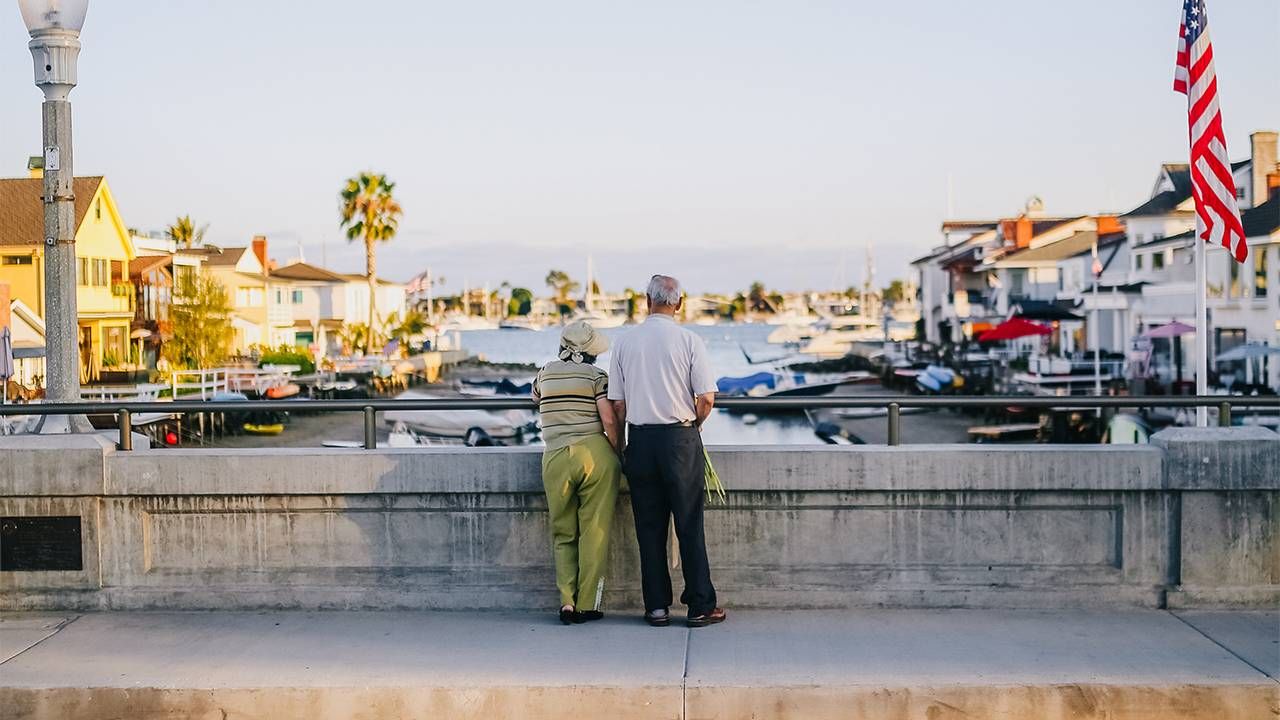The Mental Health Benefits of Doing Nothing
Set aside that to-do list and focus on being, not doing, for better mental and physical health
Editor’s note: In this last week of 2022, we are featuring some of our most popular stories of the year. This piece was originally published in March.
When I retired for good about ten years ago, the very idea of doing nothing was terrifying and intolerable, a situation to be avoided at all cost. As a professional woman, I'd been striving all my life. Back in the day, accomplishing my goals required herculean effort — or sneaking in a back door entrance.

Ten years post retirement I found myself extoling the virtues of doing absolutely nothing, or close to it — at least a little every day. Though it sounds counterintuitive, I learned that letting go of everything, even for a short time, has mental health benefits.
Though it sounds counterintuitive, I learned that letting go of everything, even for a short time, has mental health benefits.
As the lengthy pandemic recedes, it's tempting to jump back into all kinds of activities, long beyond reach. But you might want to consider some moments of doing absolutely nothing.
If that idea makes your heart skip a beat, you're not alone. Some of us don't want such an intensely uncomfortable experience or can't push through and are paralyzed or incapacitated by discomfort. Let's pause at this point so I can define anxiety and explain some down-to-earth ways to address the subject, at least from this psychologist's point of view. Addressing your anxiety will help you attempt the practice of doing nothing.
Don't Be Anxious About Doing Nothing
Simply stated, anxiety is an emotion characterized by fear which has some predictable effects on our physiology.
If you are a worrier, then you know that your thoughts can go down dark alleys that make your heart beat too fast. Or you may feel tension in your body before you even realize that you are imagining a catastrophic outcome to some person, or an event soon to take place.
When your worries precede an experience it is known as anticipatory anxiety and is likely to cause some physiological effects like dry mouth or sweating; it is actually quite common when you need to perform, like on a test, or while giving a talk, or engaging in a sport competition.
Some of us are more prone to calamitous thinking but all of us worry from time to time. This is quite normal but when nervousness or apprehension interferes with your daily life, your work or your relationships, it's more serious and may need some professional attention.
Keep in mind that embracing the practice of doing nothing may create some discomfort because it's such an anathema to the way of life we've embraced for so many decades — unrelenting jobs big and small, and the obligations that come with being a responsible member of society.
3 Ways to Decrease Distress
Here are 3 tactics you can use to decrease distress when you take on the counterintuitive task of doing nothing:
- Remind yourself that you can stop what you're doing (or not doing, as it were) and resume normal activity anytime you want — but wait a few minutes before you do to see if the concern passes.
- Stay with your plan and intention to do nothing but breathe slowly to calm down any jitters. Start with a slow and long out breath and then an in-breath as deeply as is comfortable. Continue this way of breathing for at least one minute. Mindful breathing is an effective strategy that can be applied to all anxiety symptoms.
- If your comfort level hasn’t improved, ground yourself in the here and now. Look around you at four objects that are familiar and pleasant. Listen for three familiar sounds, maybe the hum of a fan or refrigerator, birds chirping, dishwasher running, and so forth. Find two objects that are soothing to the touch and stroke them — like a blanket, a sweater, a pet, a warm wet washcloth. Nurturing any of your senses lends a sense of calmness.
This may be the first time in your life when you can wander around like a four-year-old with no agenda and simply be curious about what you observe.
Now back to doing nothing. Pick a day to begin, one in which you are likely to be undisturbed by urgent demands. Choose a short block of time, like 30 minutes, and wait for some internally driven suggestions like, "I think I'll look out the window," or "I'll wander around my apartment or house."
Again, the goal is to be not do. So, no tidying up as you go. Maybe go outdoors to your patio, deck, backyard, or street. But no tending to flowers or picking weeds. Just notice what you observe, feel, see, or smell.
Your thoughts and emotions are valuable sources of information to you, about you, in the process of doing nothing. While this is a process akin to meditating, the goal is to embrace and appreciate every moment of the experience rather than just breathing away thoughts. This may be the first time in your life when you can wander around like a four-year-old with no agenda and simply be curious about what you observe.
The satisfying art of doing nothing is a practice that, once incorporated into your life, has proven mental and physical health benefits such as lowering blood pressure, relaxing skeletal muscles, and sharpening focus without investing in products or services and without any particular effort.

